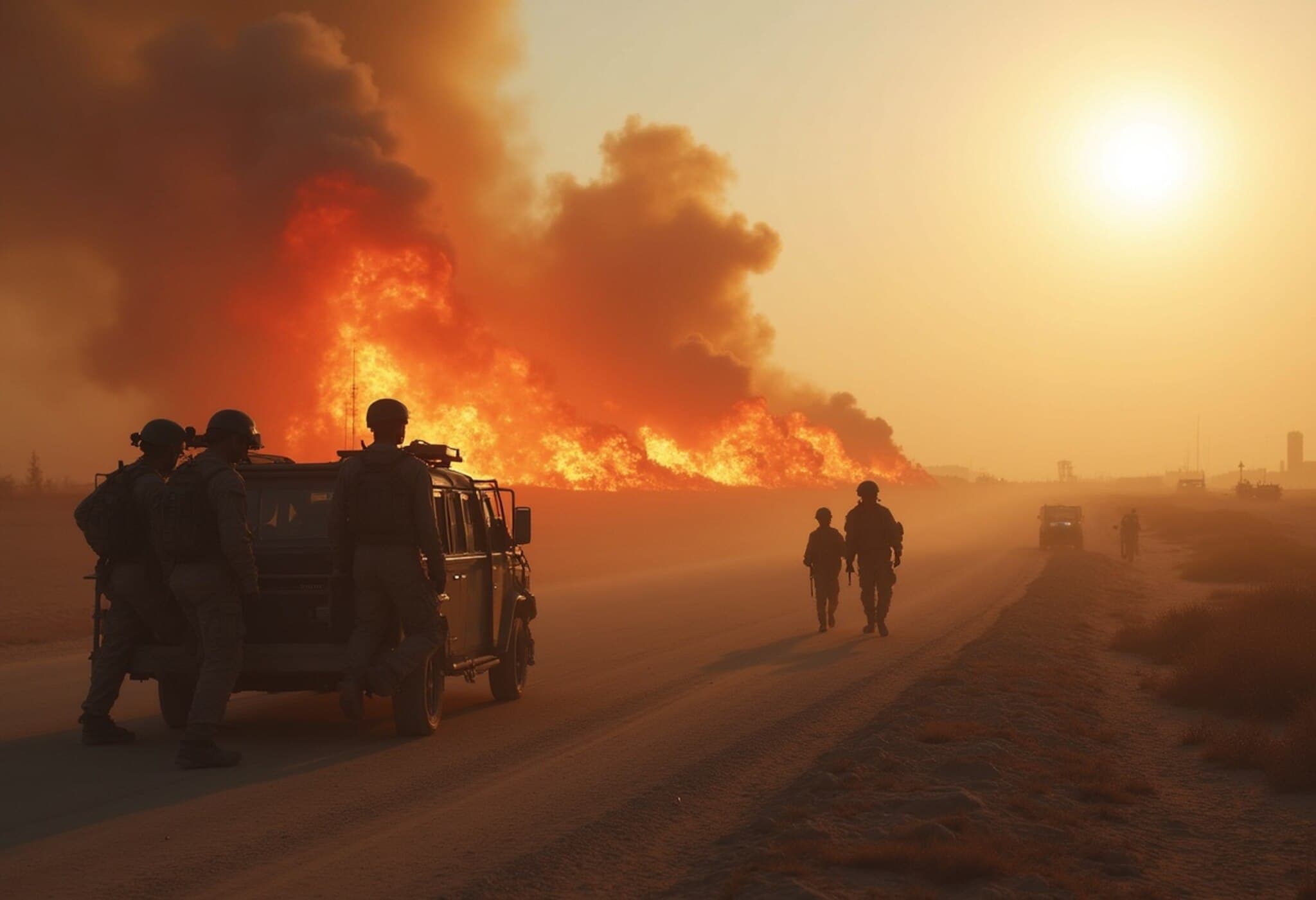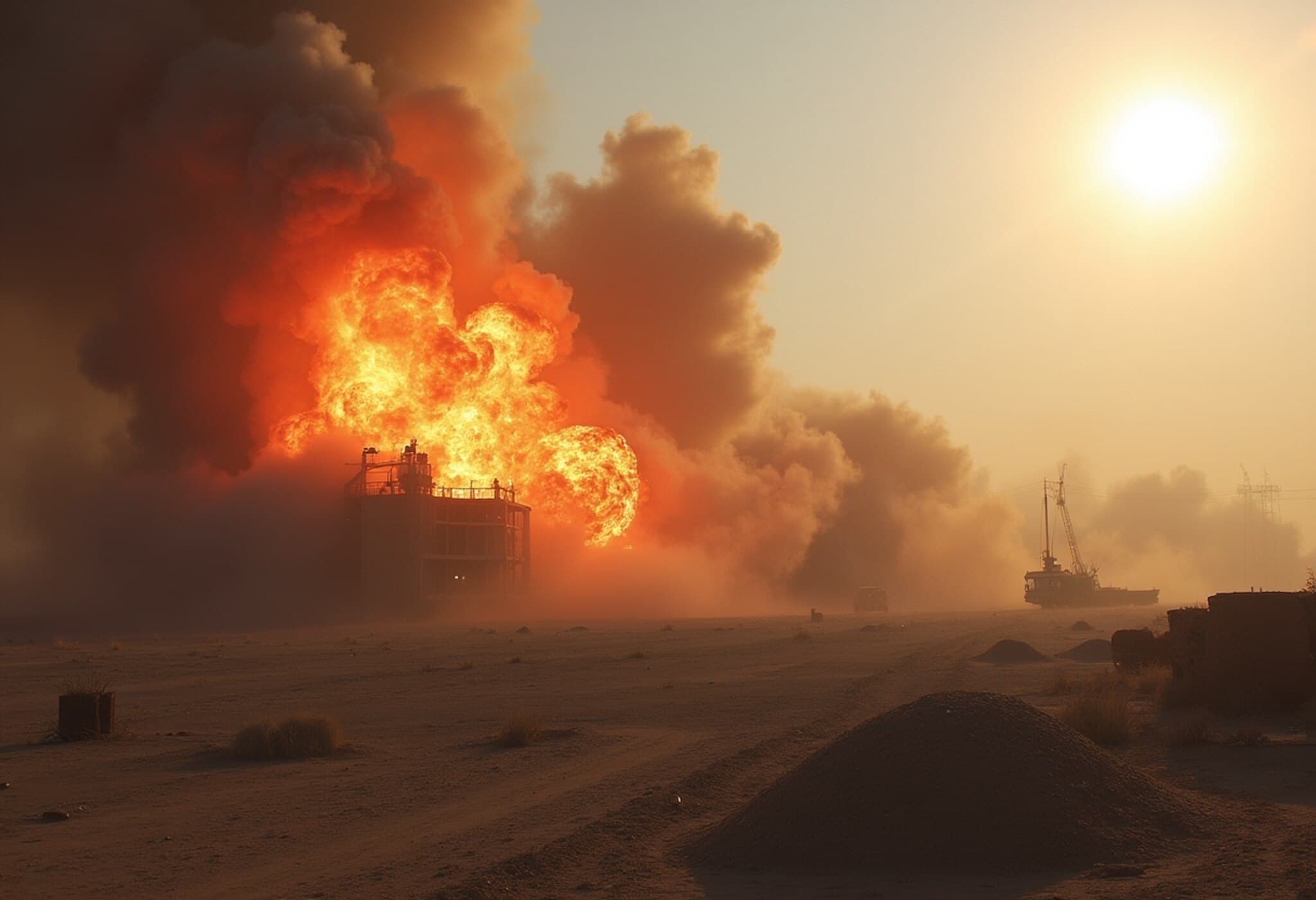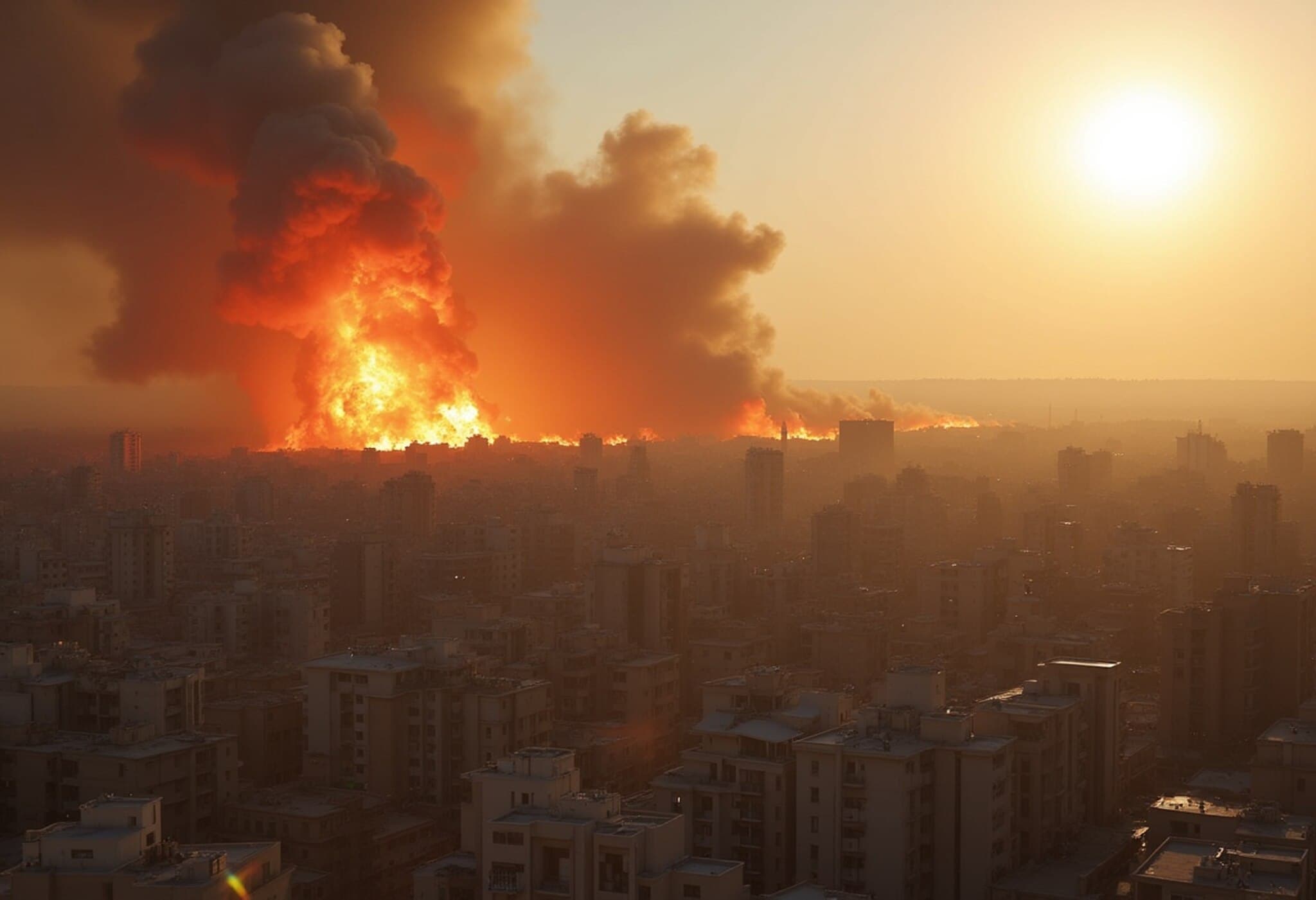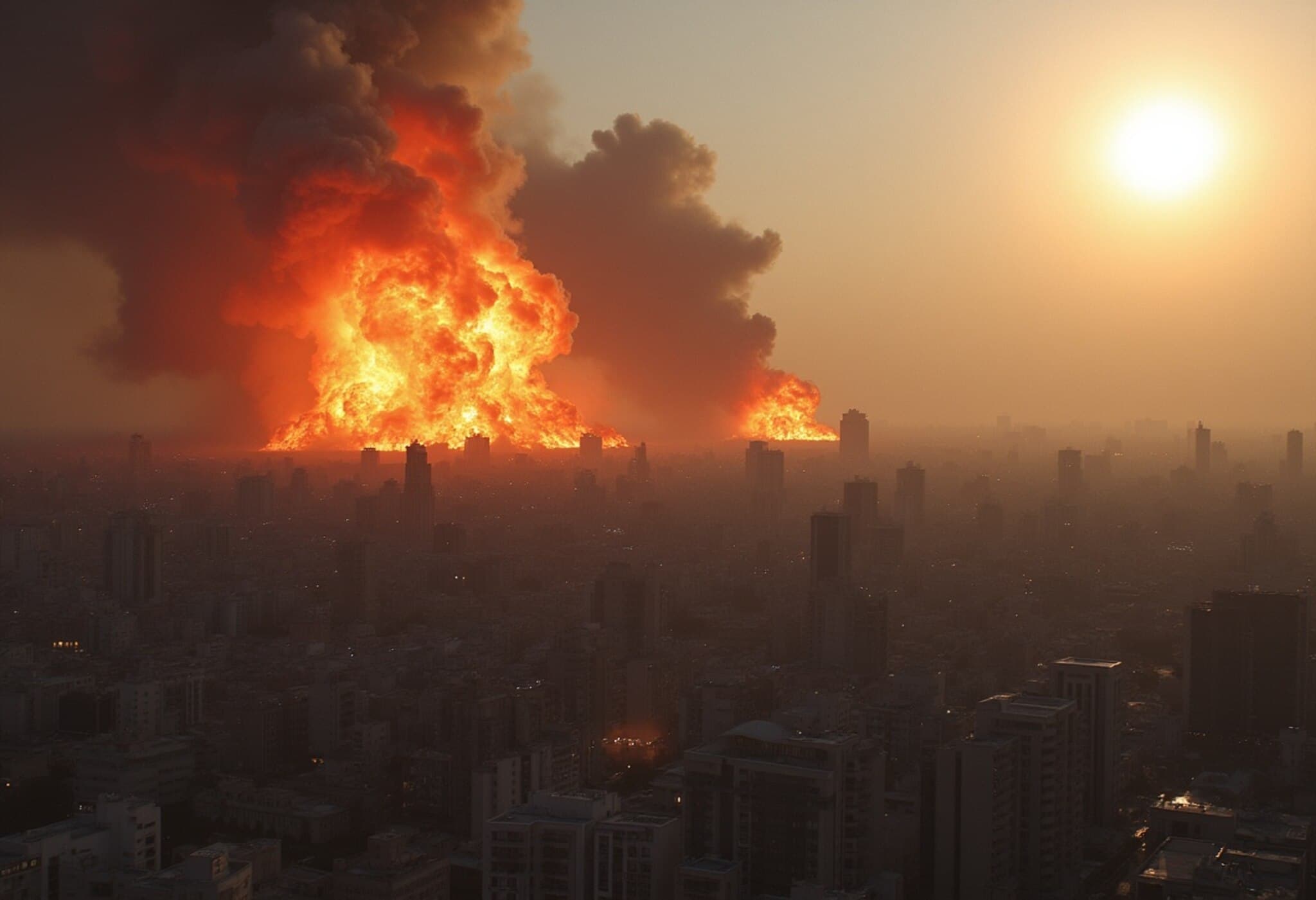Israel's Recent Airstrikes in Syria Raise Tensions in the Middle East
In a development that underscores the fragile security landscape of the Middle East, Israel has carried out a series of airstrikes targeting strategic locations within Syrian territory. These strikes, which reportedly hit military installations connected to Iranian-backed forces, have prompted Israeli officials to signal a potential escalation in their military posture should provocations continue.
Background: A Proxy Battlefield
The Syrian conflict has long been complicated by the involvement of various regional and global powers. Iran’s support for allied groups such as Hezbollah has made Syria an indirect battleground for wider geopolitical struggles. Israel, aiming to prevent Iranian entrenchment near its borders, has routinely launched preemptive strikes, a strategy that continues to strain an already volatile region.
Details of the Incident
- The airstrikes took place on July 17, 2025, targeting facilities believed to be used for weapons transfers and militia training.
- Syrian state media reported damage to infrastructure but did not immediately confirm casualties.
- Israel’s Defense Ministry issued a statement emphasizing its right to defend national security against threats stemming from Iran and its proxies.
Potential for Escalation: What Experts Say
Security analysts suggest this latest round of strikes could usher in a new phase of heightened tensions. Dr. Leah Cohen, an expert on Middle Eastern security at Georgetown University, notes, "Israel's implicit threat of escalation often serves as a deterrent, but it also risks provoking retaliatory actions that could spiral into broader conflict." The unpredictable nature of proxy warfare means that even limited engagements can quickly expand beyond control.
Washington’s Role and American Interests
The United States, a key ally of Israel, faces a delicate balancing act. While Washington supports Israel’s right to self-defense, it also calls for restraint from all parties to avoid destabilizing an already fragile region. The recent strikes come amid ongoing diplomatic efforts aimed at reviving negotiations over Iran’s nuclear program, making the timing particularly sensitive.
What Lies Ahead?
The international community is watching closely as these developments unfold. Important questions persist:
- Will Israel maintain its current strategy of targeted strikes, or shift toward a broader military campaign?
- How will Syria and its allies respond, and could this trigger a wider regional confrontation?
- What mechanisms can global powers employ to de-escalate tensions while addressing underlying security concerns?
As the situation evolves, the risks of miscalculation grow—underpinning the urgent need for diplomatic dialogue and conflict resolution.
Editor’s Note
The recent Israeli airstrikes in Syria exemplify how proxy conflicts and regional rivalries can rapidly intensify without clear resolution in sight. Beyond the immediate military implications, these events emphasize the complex interplay between national security imperatives and broader geopolitical dynamics. Readers are encouraged to consider not just the headlines, but the deeper context shaping Middle East stability—where every action reverberates across global diplomacy and peace efforts.



















